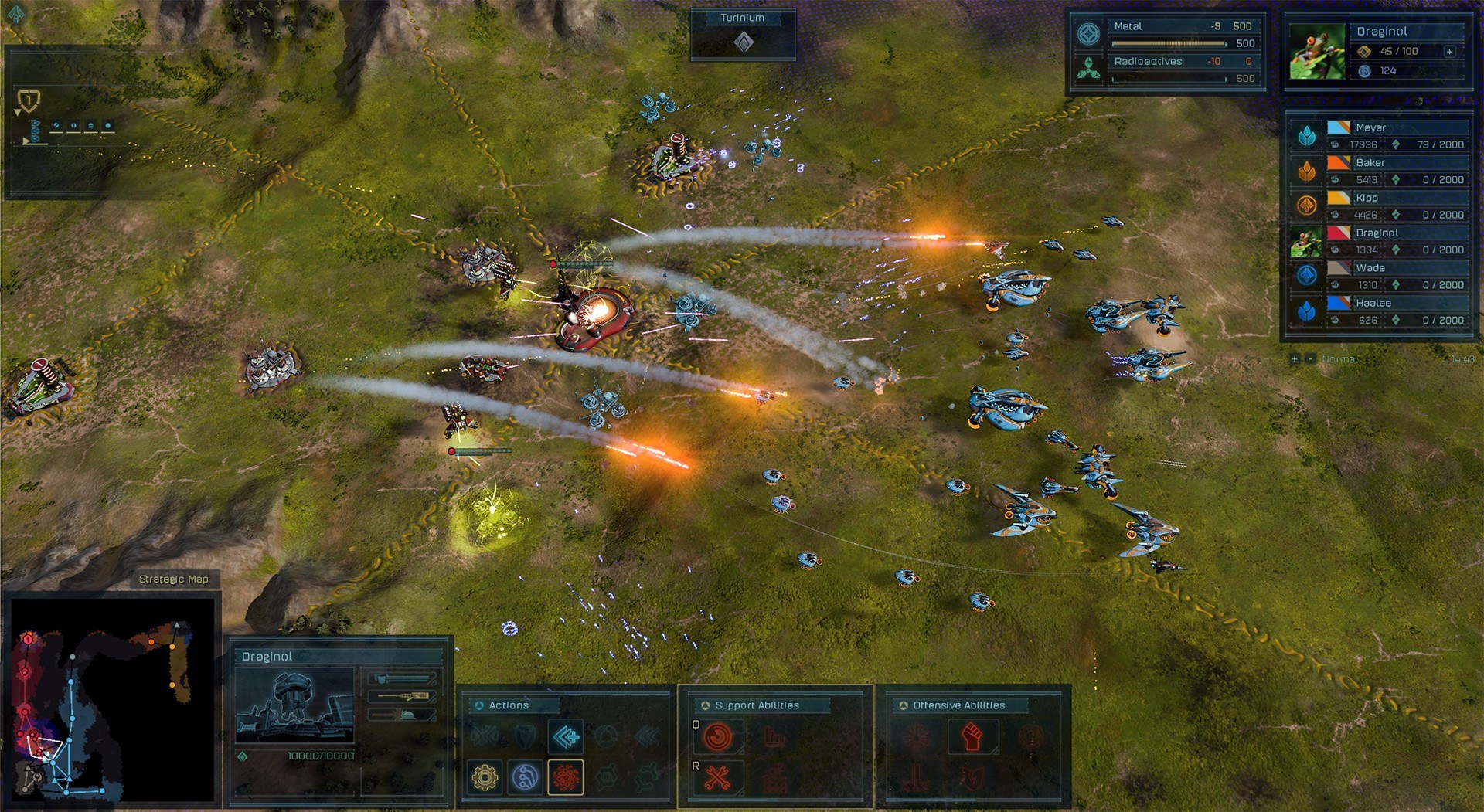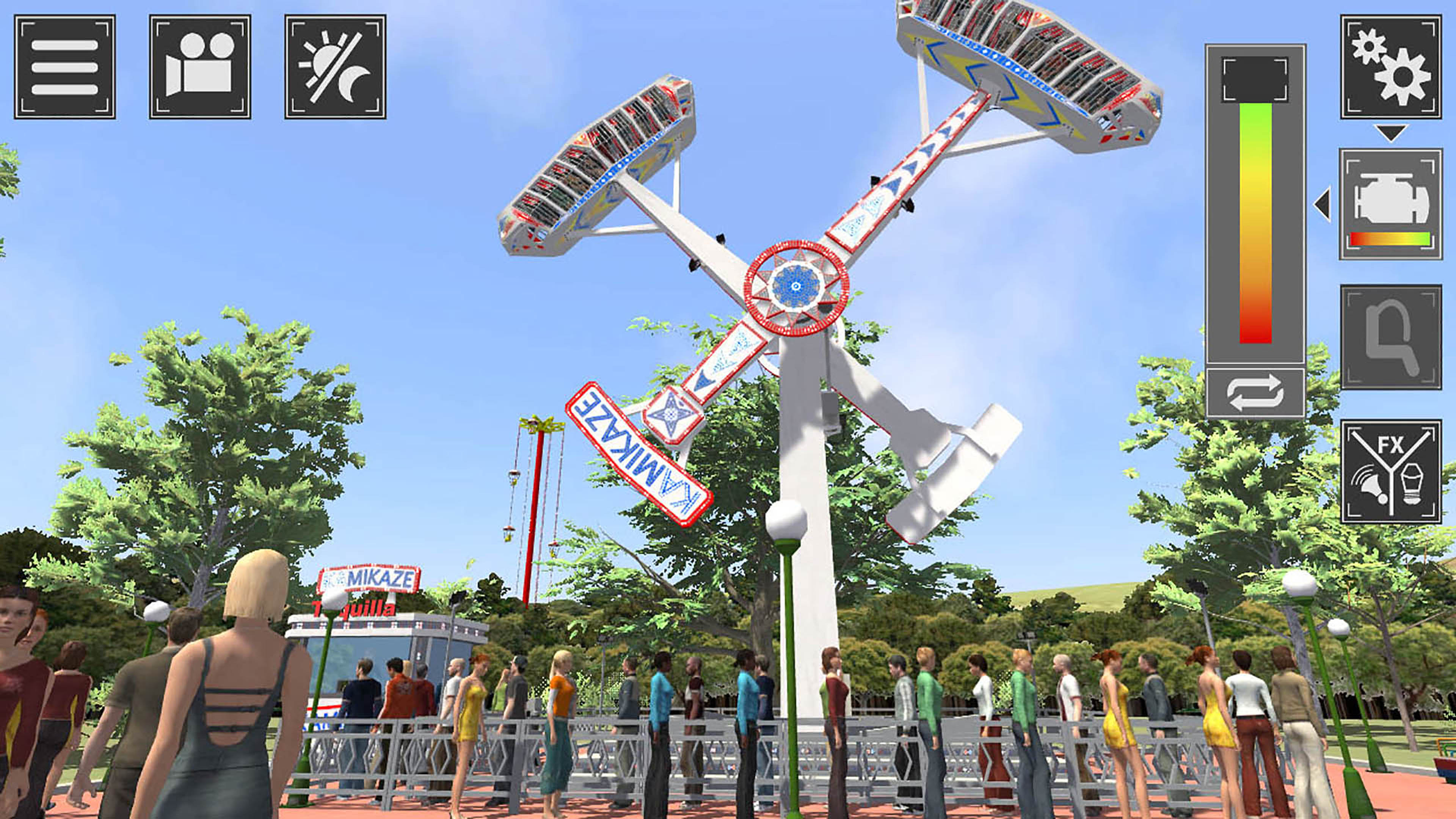

Moreover, the game-enhanced simulation appeared to provide learners with an effective social context for promoting global English development and professional identity formation, which moved them beyond the learning practices of traditional coursebooks and classroom settings.

The simulations were established through students' interpretation and creativity in gameplay and roleplay as related to their disciplines. That is, ludic affordances in RCT3 could be activated in a narrative system: meaningful personal or emergent narrative by well-designed global simulation tasks. The data present how this videogame features an interplay between two game perspectives-ludology and narratology.

The findings show that the learners' interactivity within the gameplay depicted the pedagogical affordances of RCT3 for a business English simulation, that is, exploratory interactivity, goal-orientedness in gameplay, goal-orientedness for roleplaying, and emergent narratives. Within this game-enhanced simulation, it turned out that each student simulated the role of a department head that was relevant to her or his discipline, for example, department heads of Financial Management, Technical Service Management, Customer Relationship Management, Legal and Operations Management, and Human Capital Management. Ten second-year students from five disciplines-Accounting, Logistics Engineering, Technology and Creative Business, Logistics Management, and Airline Business Management, participated in the study. The global simulation involved learners in a sequence of genre-based (e.g., memoranda and business presentations) and technology-based tasks (e.g., using Gmail, Google Docs, and LinkedIn). The game was embedded in a global simulation of two amusement park companies-where students worked in groups of five to form characters and socially interact with others. A strategy-simulation video game, RollerCoaster Tycoon 3 Platinum (RCT3), was selected and used in the implementation of the pilot course. Informed by those approaches, a game-enhanced simulation was specifically designed as an experiential space for L2 learners to experience the dynamic and real business contexts of language use.

This dissertation aims to integrate various learning approaches, i.e., multiple literacies, experiential learning, game-enhanced learning, and global simulation, into an extracurricular module, in which it remodels traditional ways of teaching input, specifically, the lexical- and grammatical-only approaches of business English at a private university in Bangkok, Thailand.


 0 kommentar(er)
0 kommentar(er)
